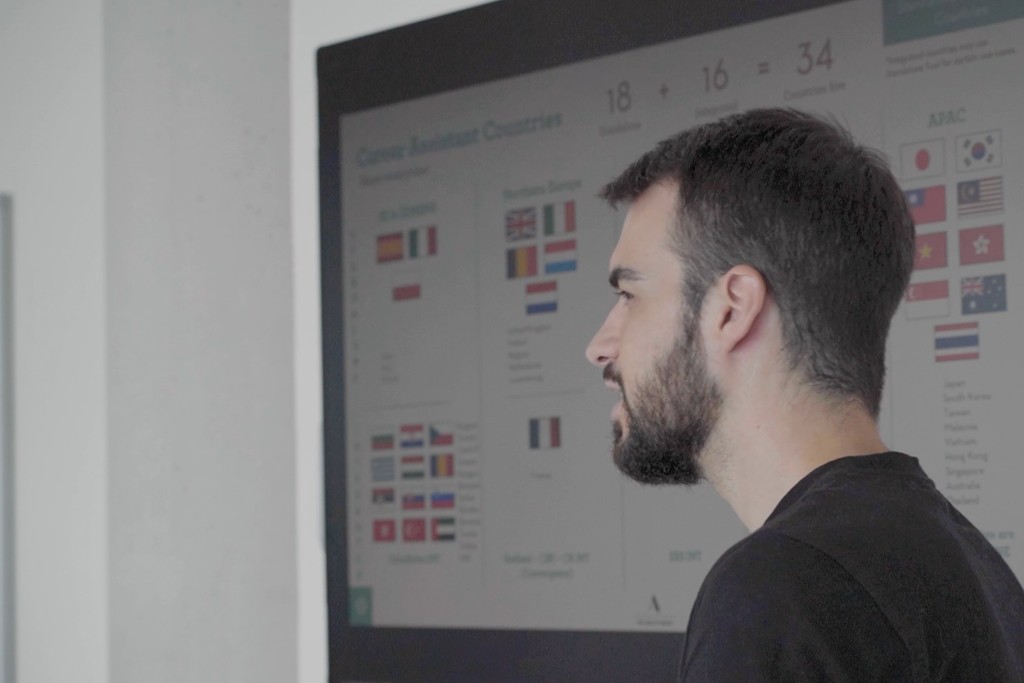What else matters this week?
Climate action must mean labour market action, as leaders meet this week for COP27.
Apple is struggling to supply Phones this Christmas, putting a spotlight on its relationship with China.
Several sectors displaying growth, despite economic uncertainty.
Central and Eastern European inflation is higher and more persistent.
What EU telework legislation could affect in member states.
Sustainable gold may be possible, Swiss company says.
Airlines adapt to reduced capacity.
We’ve got a full breakdown of all the top headlines you can’t miss this week.
#1. Global giant Unilever keeping four-day working week in New Zealand.
Global consumer goods company Unilever will continue its 4-day work week for all New Zealan staff following a successful trial. The trial ran from December 2020 to June 2022 and involved 80 staff members. The trial found staff hit business targets, including revenue growth. Most staff reported feeling engaged as well, and individual wellbeing improved. Notably, absenteeism dropped 34%. Read more at the New Zealand Herald.
.jpg?h=4000&iar=0&w=6000&hash=3CD6EC138212FEA8E33544DDE57C90C8)
#2. The retirees heading back to work.
Retirees looking for additional income and socialization are going back to work – and employers are happy to offer them flexibility. Neil, who spoke with the Financial Times, retired at 70 as a deputy manager of a motor factor business. But barely a month passed before Neil realized the sums didn’t add up – and his pension didn’t cover the cost of rent, energy bills, groceries, and more.
“There are serious financial concerns of course, but I mostly miss the social aspect of work. I used to work for a happy team of people with a lot of banter,” he says. Read more here.
.jpg?h=3456&iar=0&w=5184&hash=9864DD2DFFD4D81527014A82EB54A7BF)
#3. The cost of climate change? $2 trillion a year.
This week, leaders around the world gather to discuss the climate at COP27. Developing countries will need about $2 trillion a year by 2030 to combat the effects of climate change, a new report found. The cash will help poor countries switch away from fossil fuels and invest in renewable energy as well as other low-carbon technology. The report was presented at COP27 this week. Read more here.
.jpg?h=2848&iar=0&w=4288&hash=A723DAF4F87722B627195516E12B3C59)
#4. Non-verbal communication is going digital.
Humans are used to reading body language and silent cues in person. Nods, grimaces…and even shifting in a chair all meant something. But with remote work, those subtle ways to communicate are changing.
“If you want to influence people in a positive way, then your attitude and how you are perceived using non-verbal communication is very important,” says Mi Ridell, an expert in body language based in Stockholm, Sweden. Read more at the BBC.
.jpg?h=3456&iar=0&w=6048&hash=76F182518EAB7D0A71D4D0523E96134D)
#5. A shrinking number of men are working.
Last week, jobs numbers from the Labor Department shows a continuing, worrisome trend among men: a smaller and smaller number of them are working. Sixty years ago, close to 97% of men in prime working age (25 to 54) were looking for work or working. Since then, there’s been a steady decline. In October, that number had dropped to 88.5%. Read more at NPR.
.jpg?h=1024&iar=0&w=1280&hash=0F12950DBBDB8F9DD4EB5B5B26AFD1E4)



